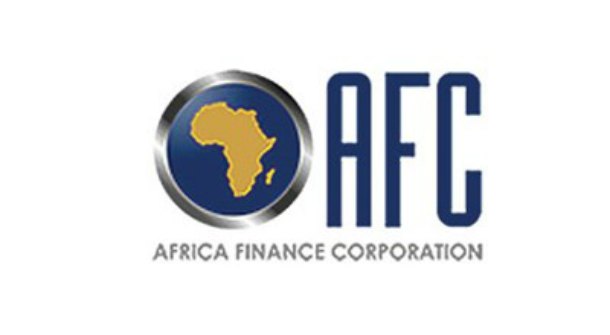The Central Bank of Nigeria, CBN, and three other banks in the country received $41.736 million dividends, (N12.938bn) in 2017 from their investments in regional multinational financial institution, the Africa Finance Corporation, AFC.
The other banks, according to data obtained from the AFC’s 2017 Financial Report, are United Bank for Africa Plc, Access Bank Plc and First Bank of Nigeria Plc.
The three banks, in addition to the CBN, currently accounts for 72.3 per cent of the total shareholding of the AFC.
The CBN is the majority shareholder of the AFC, with 42.3 per cent shareholding, followed by UBA and Access Bank with 10.7 per cent and 10.2 per cent shareholding respectively, while First Bank trailed with a shareholding of 9.1 per cent.
The AFC, in its 2017 Annual Report and Financial Statements, announced a dividend of $57.72 million for its shareholders in the year under review, appreciating by 64.08 per cent from $35.177 million recorded in 2016.
To this end, with its shareholding of 42.3 per cent, the CBN received a dividend of $24.42 million, an equivalent of N7.57 billion, using an average exchange rate of N310 to a dollar.
UBA, Access Bank and First Bank, with their 10.7 per cent, 10.2 per cent and 9.1 per cent shareholding, received dividends of $6.176 million (N1.915 billion); $5.89 million (N1.825 billion); and $5.25 million (N1.628 billion) respectively.
The CBN and the three banks had received a combined dividend of $25.44 million, an equivalent of N7.885 billion in 2016, representing an improvement of 64.08 per cent when compared with the $57.72 million dividend received in 2017.
Furthermore, the AFC recorded operating income of $172.5 million in 2017, rising by 23.44 per cent from $139.738 million recorded in 2016; its total comprehensive income for the year dipped from $115.35 million in 2016 to $109.16 million in 2017; while profit for the year also dropped to $100.31 million in 2017, compared to $109.4 million in the previous year.
Commenting on its financial performance, Dr. Joseph Nnanna, Chairman of the AFC, stated that notwithstanding the challenging operating environment, Africa Finance Corporation delivered strong, underlying operating results for 2017.
Nnanna, who is also the Deputy Governor, Economic Policy of the CBN, said, “The corporation recorded total comprehensive income of $109.2 million for the year and achieved a significant 21 per cent growth in its balance sheet compared to 2016, with total assets in excess of $4 billion. It generated gross revenues of $263.7 million, driven by strong accrual income and impressive annuity revenues on the existing debt portfolio.
“Net interest income increased by 21 per cent to $142.7 million, driven by higher yields and volumes on interest earning assets, with net interest margin at 4.6 per cent. Fees, commissions, dividend and other income increased by 35.9 per cent mainly due to dividends received from investee entities during the year.
“The Corporation maintained its disciplined cost control measures. Prudent management of administrative costs resulted in a marginal year-on-year growth of 3.8% in operating expenses, to $42.9 million (from $41.3 million in the prior year), delivering an all-time low cost-to-income ratio of 18.7 per cent.”
Nnanna argued that although no loan was impaired during the year under review, the AFC’s impairment charge increased by 126.4 per cent, to $63.1 million, largely as a result of the impairment taken on equity investments.
He further stated that the AFC achieved a return on investment of 6.8 per cent for the year under review.

